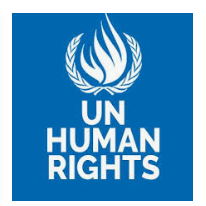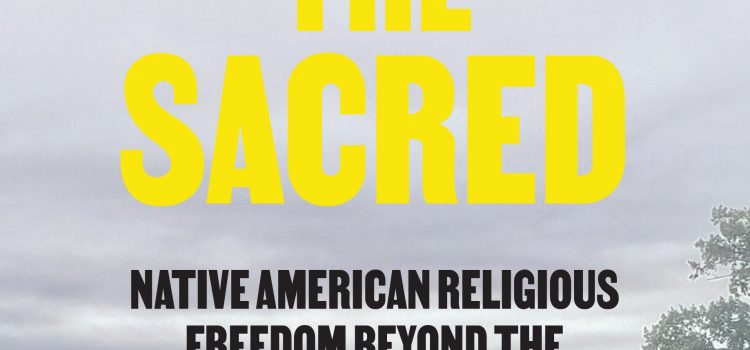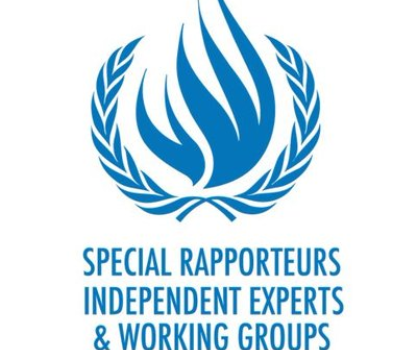Traditional Jurisprudence and Protection of Our Society: A Jurisgenerative Tail
Traditional jurisprudence must be a foundation of the current international indigenous rights efforts regarding sacred sites and artifacts, religious practices, and culture. If Indian advocates are unable to articulate what we believe and the nature of the society being destroyed,
EMRIP Study on Indigenous Languages

This study outlines international and regional standards on indigenous peoples’ rights to language and culture, describes the relationship between indigenous cultures and languages to their self-determination and rights to their lands, territories and resources and analyses indigenous peoples’ languages and
Tribal Technology Assessment: The State of Internet Service on Tribal Lands
Access to high-speed Internet service has become an essential component to the nation’s economy, education, and healthcare. However, federal data continues to show tribal lands are the least connected areas of the country. AIPI launched a survey to collect information
The Politics of Inclusion: Indigenous Peoples and U.S. Citizenship
This Article explores the dynamics of U.S. citizenship and indigenous self-determination to see whether, and how, the two concepts are in tension and how they can be reconciled. The Article explores the four historical frames of citizenship for indigenous peoples
Defend the Sacred

UN Special Rapporteur on the Rights of Indigenous Peoples Launches Study on COVID-19 Pandemic on Indigenous Peoples

UNESCO – Indigenous Peoples
Indigenous peoples live in all regions of the world and own, occupy or use some 22% of global land area. Numbering at least 370-500 million, indigenous peoples represent the greater part of the world’s cultural diversity, and have created and
